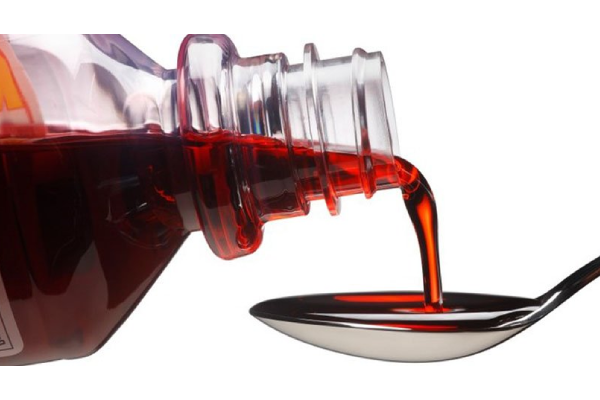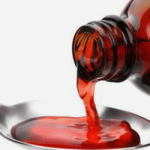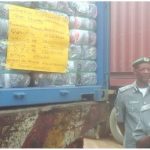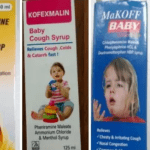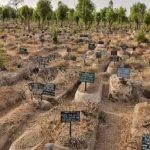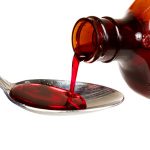India has stopped production of cough syrup at a Maiden Pharmaceuticals factory after a WHO investigation revealed that the syrup maybe linked to the deaths of several children in the Gambia.
Anil Vij, the health minister for India’s state of Haryana, claimed that officials stopped production after discovering 12 violations of best standards during a check at a Maiden factory close to the town of Sonipat.
The WHO announced last week that laboratory testing revealed “unacceptable” levels of diethylene glycol and ethylene glycol in four Maiden products: Promethazine Oral Solution, Kofexmalin Baby Cough Syrup, Makoff Baby Cough Syrup, and Magrip N Cold Syrup.
India’s health ministry said last week that samples of all four Maiden products that had been exported to the Gambia had been sent for testing to a federal laboratory and the results would “guide the further course of action as well as bring clarity on the inputs received/to be received from WHO.”
Gambian police, in a preliminary investigation report on Tuesday, said that the deaths of 69 children from acute kidney injury were linked to the cough syrups made in India and imported via a U.S.-based company.
Earlier reports quoted the Haryana drugs controller as saying that Maiden did not perform quality testing of propylene glycol, diethylene glycol and ethylene glycol, while certain batches of propylene glycol did not have the manufacturing and expiry dates.
Diethylene glycol and ethylene glycol are used in antifreeze and brake fluids and other industrial applications but also as a cheaper alternative in some pharmaceutical products to glycerine, a solvent or thickening agent in many cough syrups.
2.2 million syrup bottles, 600 million capsules, 18 million injections, 300,000 ointment tubes, and 1.2 billion tablets can be produced annually at Maiden’s three factories, according to the company’s website.
It claimed that in addition to selling its goods domestically, it also exports them to Latin America, Asia, and Africa.
According to India, the cough syrups were only permitted for shipment to The Gambia; nevertheless, the WHO suspects they may have traveled to other countries via unofficial markets.

